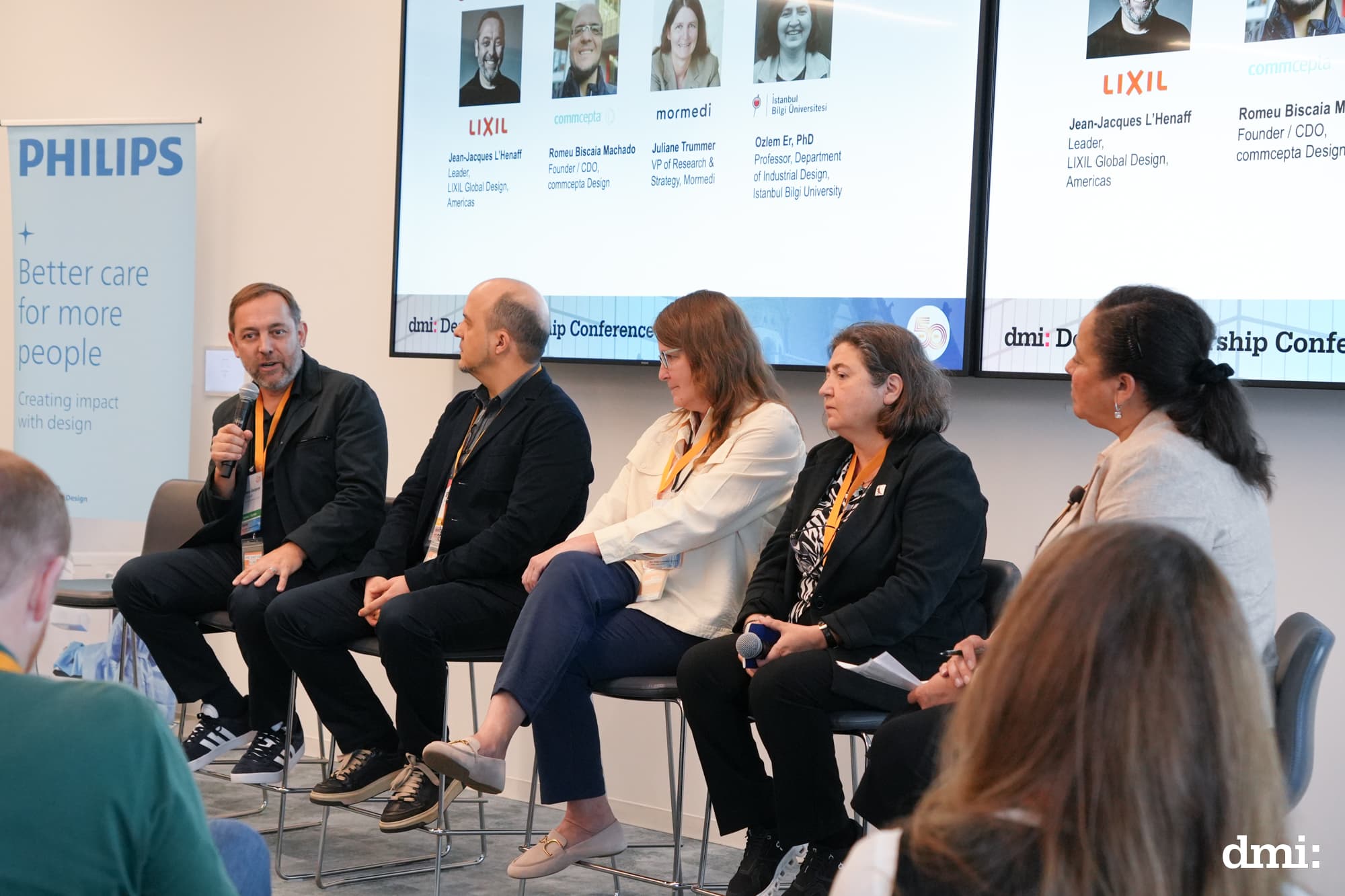This week, Mormedi attended the Smart City Expo World Congress in Barcelona. Here are some of our reflections on the state of the industry.
Smart city challenges To create a smart city – a city that leverages technology and data for improving how it works – a number of challenges need to be overcome.
An ecosystem under construction
The challenge that is not often discussed is that although a city is, by definition, a public entity, the city administration will usually not have the skills, resources or ability to implement the solutions that are available or necessary. This means that by its nature, a smart city must be a partnership—an ecosystem—of different stakeholders, both public and private.
At the Smart City Expo World Congress, we could see a plethora of private sector players, large and small, attempting to offer competing solutions to solve the common issues facing cities in mobility, energy, buildings and so on.
A new world of co-ompetition
An interesting development is that large consultancies, rather than remining in the realm of advice, have seen the necessity to either develop or partner to offer platforms and SaaS solutions to help their clients all the way through to implementation.
As we have come to expect from the modern era of industry convergence, non-traditional players are entering into competition with one another in this new phygital world, where any solution needs to sense what is happening through hardware, and then translate data into insights through software. Who would have believed you a few years ago if you’d said you would see companies like Microsoft, Honeywell, Amazon, Samsung, Accenture, PWC, NVIDIA and a host of others both competing and cooperating in the world of smart city solutions?
Towards data collaboration
The next challenge is the fact that given this is a nascent area, we will also have to pass through an era of “standards wars” in the world of data. Yes, there are initiatives happening to create standards at the international level, but in one of my conversations with someone working on data standards related to the maritime industry, it was described as “a mess”. The challenges of data management (beyond collection, cleaning and insight extraction), is to create an environment where there can be data collaboration, meaning that there is both interoperability and trust.
In terms of interoperability, not all geographies have the ability to do what Saudi Arabia is doing through its Data and AI Authority, which is to set the standards for its cities. The Authority has developed 3 personas for which the data standards were designed. This allows the data to be clean enough at source for persona 1) the cities’ operators to see what is happening in real time, 2) their strategists to follow trends and gain insights from patterns, and 3) managers to track performance based on KPIs.
In most geographies, data collection has a lot of legacy, based on specific uses by specific stakeholders.
To add to the problem, there tends to be very little trust between stakeholders in any given smart city arena, for example airports, maritime ports, or road mobility.
Where to next?
At Mormedi, we have been working with our clients on these challenges. We hope in the coming months to be able to reveal more details about how we are attempting to overcome, via a pragmatic, step-by-step approach to build solutions that bring immediate value, solve real problems, create the right ecosystem, and lead to data spaces that allow for long-term benefits for all stakeholders.
If you are interested in learning, feel free to reach out to me at maruan@mormedi.com

Let’s grow together!
Have questions about your next growth move?
Mormedi has answers.
.svg)


